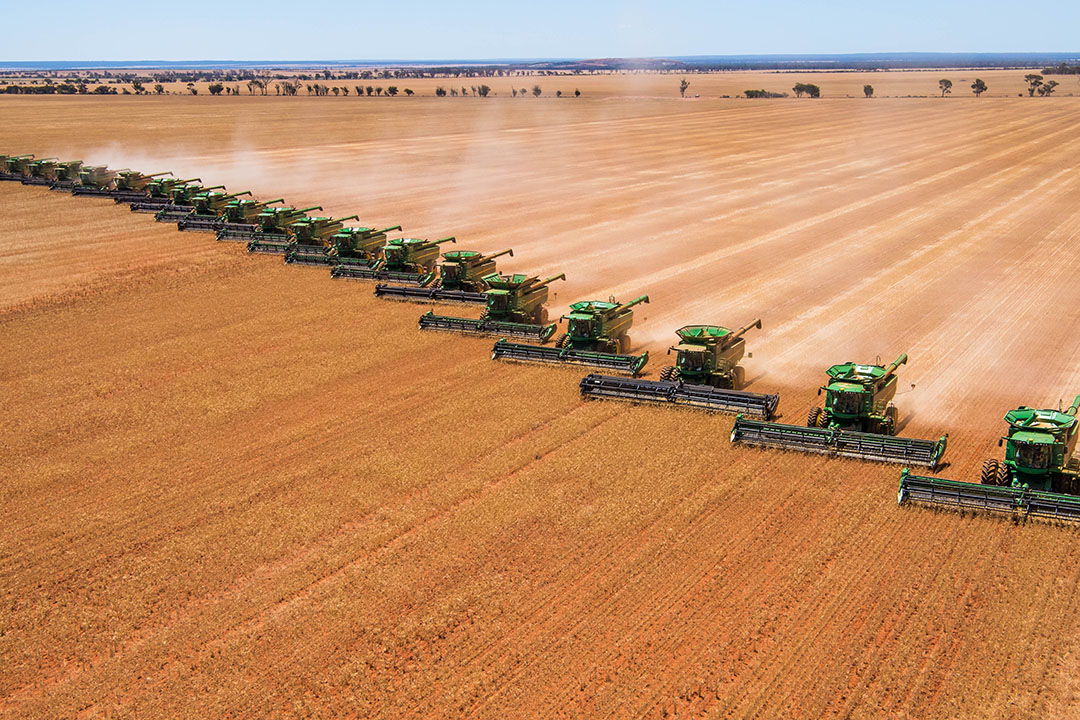



Article by: Hari Yellina
Algeria’s grain demand is increasing, with the Algerian Interprofessional Office of Cereals (OAIC), the country’s state-owned grain agency, allegedly completing the purchase of between 570,000 and 600,000 tonnes of optional origin milling wheat late last week. The most recent tender requested shipments from major supply regions, including the Black Sea and Europe, over two periods, June 1-15 and June 16-30. If the winning tenderer obtains wheat from South America or Australia, shipment will be one month ahead of schedule. Algeria’s state-owned cereals agency, the OAIC, serves as a regulator and provides the raw ingredients needed to keep subsidised bread manufacture going.
It is currently in charge of all wheat imports into the country. The OAIC determines the amount of wheat it will supply each year depending on world wheat prices in order to maintain a fixed price for a baguette of bread. Wheat is imported via international tender and sold at subsidised prices to commercial mills. The results of the OAIC’s tenders are not made public. Quantities and prices are based on market research and projections. The price paid in last week’s tender, including freight, is thought to be around US$448 per tonne (C&F). This is a significant reduction in comparison to the last tender.
OAIC paid US$485/t (C&F) in early March for between 600,000 and 700,000 tonnes of milling wheat for May shipment, which was US$37/t more than last week’s pricing. Algeria bought roughly 700,000 tonnes of milling wheat in mid-February, just before the Ukraine conflict broke out, for about $346 per tonne (C&F). This shows how the Russian invasion has affected food prices in Africa’s Maghreb countries, which include Algeria, Libya, Mauritania, Morocco, Tunisia, and Western Sahara. Food insecurity has long plagued Maghreb countries. Droughts are becoming more frequent, and large-scale floods are destroying agricultural infrastructure and crops as a result of climate change.
Their economies have been further impacted by the COVID-19 outbreak, which has pushed food prices even higher. Algeria’s annual inflation rate peaked at 8.5 percent in December of last year, and the trend has persisted into the first quarter of 2022. Algerian President Abdelmadjid Tebboune announced an export embargo on various imported and manufactured consumer products, including sugar, pasta, oil, semolina, and all wheat derivatives, less than three weeks ago. To encourage the consumption of locally produced meat, the government will continue to prohibit the import of frozen meat. Any company or individual that violates the prohibitions faces legal action and penalties.
The prohibition, as well as the previous two wheat tenders, came after Algeria’s minister of agriculture and rural development announced in early March that the country had sufficient grain stocks to last until the end of the year. The administration claimed it had taken all conceivable efforts to ensure that enough grain was available to meet domestic demand. The comment was made amid fears of a supply crisis as a result of the war between Russia and Ukraine, which would raise domestic food prices and potentially lead to public unrest and political instability, according to the local press. Algeria’s domestic wheat consumption will total 11.1 million tonnes in the 2021-22 season, according to the latest Foreign Agricultural Service (FAS) bulletin. 8 million tonnes, or 72 percent, will be used.
The Russian invasion of Ukraine, like the Algerian crisis, is wreaking havoc on numerous northern African countries, the majority of which rely significantly on grain from the Black Sea region. At the moment, supply disruptions may be managed to a significant extent by shipping from alternative sources. However, the rising cost of food is having a direct and immediate impact on millions of people’s lives.